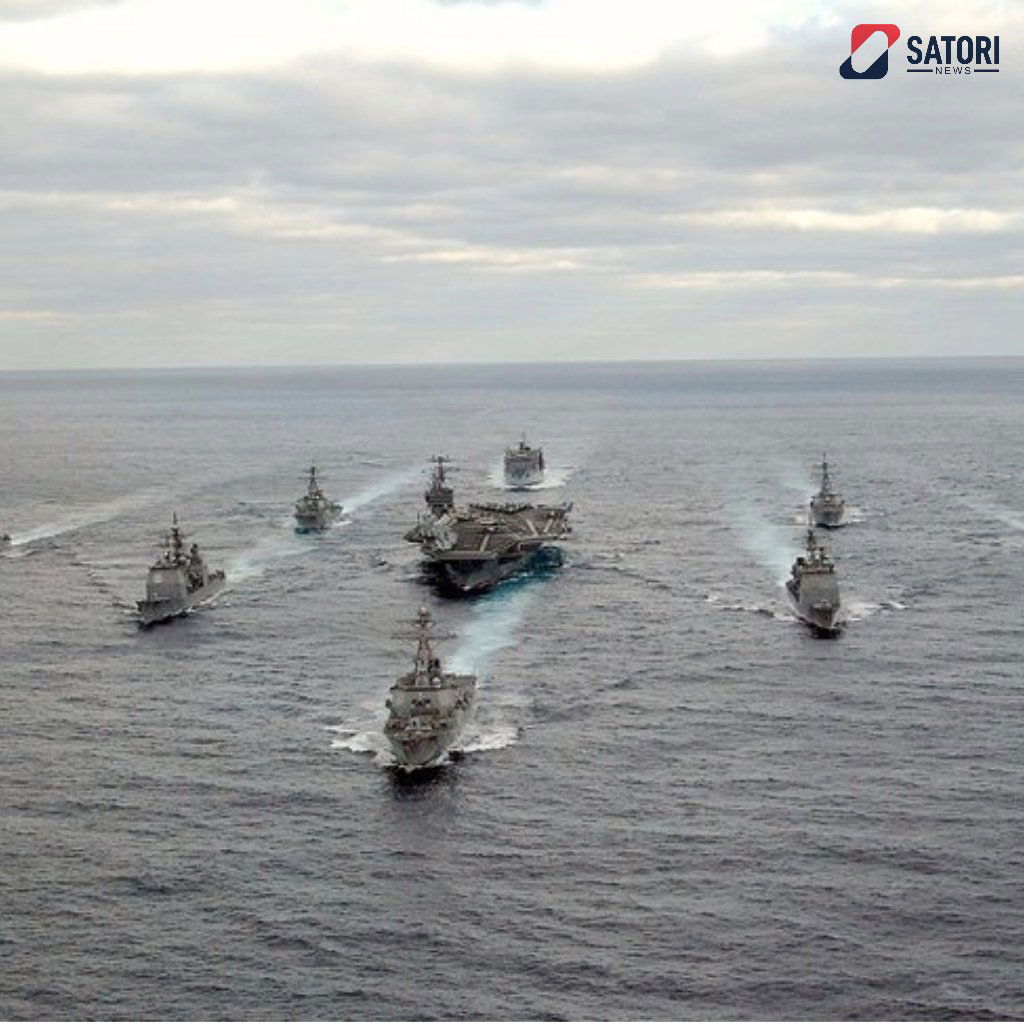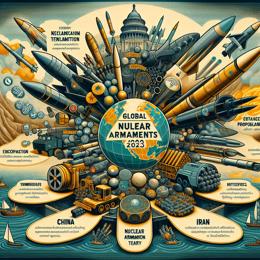Picture: for illustration purposes
US Dispatches Aircraft Carrier to Eastern Mediterranean Amid Gaza War
The conflict in Gaza has recently seen the United States reposition one of the largest aircraft carriers globally, the USS Gerald R. Ford, and an accompanying strike group, to the Eastern Mediterranean. This move, which brings formidable US military presence to a region already charged with tension, is primarily aimed at discouraging Hezbollah and Iran from capitalizing on the ongoing conflict between Israel and Hamas.
Analysts interpret this move as an implicit warning from President Biden, suggesting that the US could side with Israel if the conflict expands. However, most contend that US direct involvement in the conflict is dubitable.
Steven Simon, a senior research analyst at the Quincy Institute, pointed out that while President Biden is likely unwilling to engage in war, occasionally, assertiveness is essential for strengthening deterrence. Furthermore, US officials maintain that the increased force posture is intended to serve as an unambiguous demonstration of US support for Israel and deter any potential antagonists from escalating the conflict.
As the conflict continues, the US has emphasized its commitment to Israel's security, with Secretary of State Antony Blinken stating that the US will always stand with Israel. This position has catalyzed mixed reactions, given that Israel receives substantial US aid while accusations of instigating a system of apartheid against Palestinians persist.
Amid these developments, experts concur that a full-scale confrontation between Hezbollah and Israel, which could potentially trigger US intervention, is unlikely. As such, the US military presence in the region serves more as a strong signal of deterrence than a precursor to war.
However, dynamics could change depending on the trajectory of the war in Gaza, a calculation that Hezbollah and Iran will have to factor in their strategic planning.
Despite the mounting tension, many believe that internal economic and political crises in Lebanon considerably reduce the likelihood of a war with Israel. Meanwhile, Hezbollah remains dismissive of the force posturing, considering it a desperate attempt to boost the morale of an allegedly weakened Israeli military.
While the US's move underlines its support for Israel, analysts argue that it mainly serves as a strategic deterrent, stressing the unlikeliness of US direct involvement in the war.










